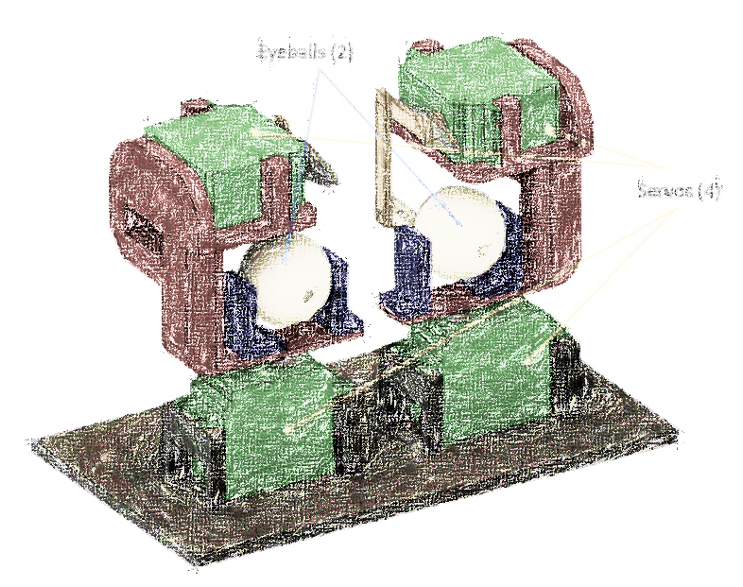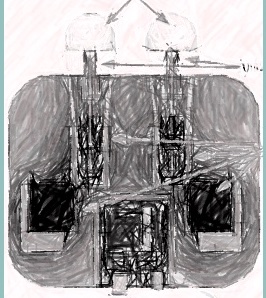
Research Assistant
Massachusetts Eye & Ear
A.B. - Biomedical Engineering and Neuroscience - Harvard University
Publications
Projects
- Robotic Oculomotor SimulatorCurrent eye tracking and calibration algorithms do not accommodate eccentric viewing and the capacity for accurate eye tracking is difficult to assess in individuals with central visual field loss, and...



